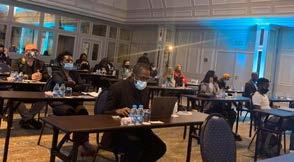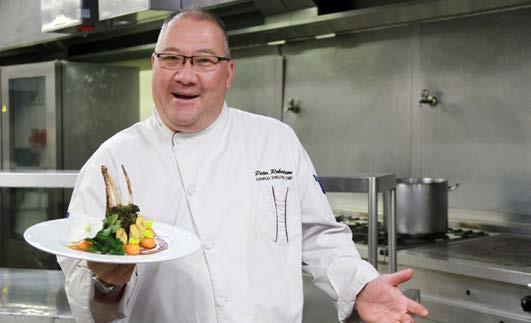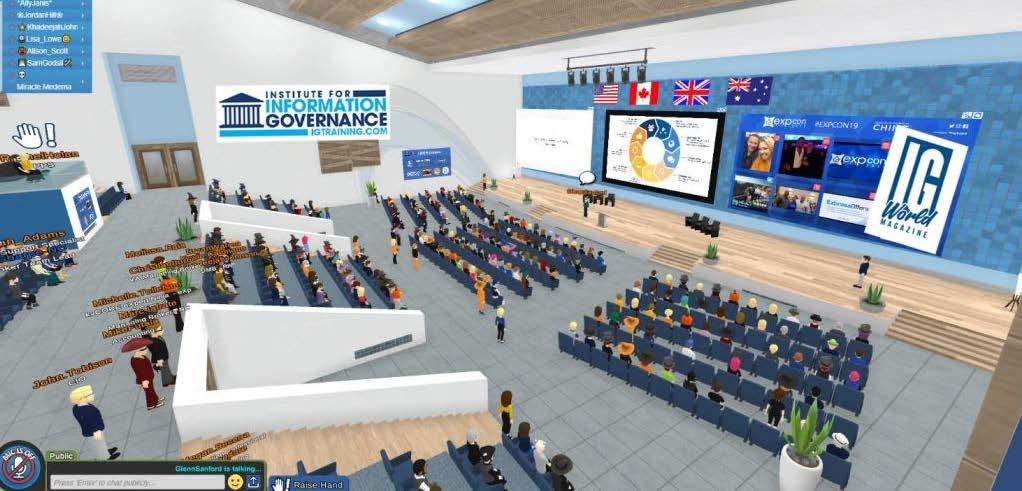#INDUSTRYINSIGHTS
INDUSTRY VIEWS What the upcoming conferencing season holds
A fresh start September is typically the month in which activities are relaunched in the northern hemisphere, after a well-deserved summer break. However, this year’s new season is quite different, as the rules of the game have changed, says Allan Agerholm and Sven Bossu.
E
ALLAN AGERHOLM is the CEO of Bella Center Copenhagen and an AIPC board member.
SVEN BOSSU is the CEO of AIPC.
www.theplanner.guru
vent venues worldwide are slowly reopening for business in compliance with strict safety and security protocols, which are different for every country. This makes it complex for both event organisers and venues, who need to deal with an ever-changing and not always rational environment. However, having organised events take place again is of key importance for relaunching the global economy. There is no alternative. Getting back to business in a Covid-19safe environment is not an easy task and venues need to provide their authorities with insights on how and why organised events must take place. AIPC supports this effort by providing clear guidelines and does so in partnership with ICCA and UFI to ensure messages are streamlined and come with a stronger voice.
ASK AND ADVOCATE We need to be asking, and actively advocating, for the trust of our local authorities. We have always looked after the safety and security of our visitors and delegates as our first priority. We will never compromise their safety or our reputation. We need to be allowed to do what we do so well: opening our doors and appropriately managing the congregation of people. All players involved – both within venues and the larger event ecosystem – will need to profoundly rethink how this can be engineered in the best possible way. Classic event business will remain but needs to be enriched with new products and services. For example, technology needs to be deployed to provide a safe and secure environment – such as crowd management tools. This also allows us
to obtain deeper insights into overall participant behaviour. Collecting this data on a continuous basis will allow us to create better delegate experiences and adapt almost instantly when needed. Technology also enables us to increase reach and complement the on-site event with virtual elements, targeting not only professionals who are no longer allowed to travel but also audiences who until now were ‘unserved’, as the on-site experience was simply not accessible, for financial or other reasons. The identification and implementation of these opportunities will result in a new value proposal, with a key focus on engagement, whether through physical or virtual components. As one of our colleagues said during a recent meeting: “We do not run buildings; we manage experiences.” To deliver on this, an even closer partnership between venues, destinations and event organisers is needed – hence organised events become platforms for achieving a multilayered set of goals. Legacies include economic recovery, the creation of jobs, and social and community-based outcomes. This is of course not new – many destinations are already exploring these routes to create other types of value. What is new is the momentum created by the current crisis to rethink and reshape organised events in ways not conceivable six months ago. This is very similar to the fact that nobody had imagined working from home could actually work on such a massive scale – and yet it does. Given the concentration of creative forces within the events ecosystem, we foresee organised events making a comeback – with a twist.
MEETINGS l SEPT/OCT 2020 •
37









